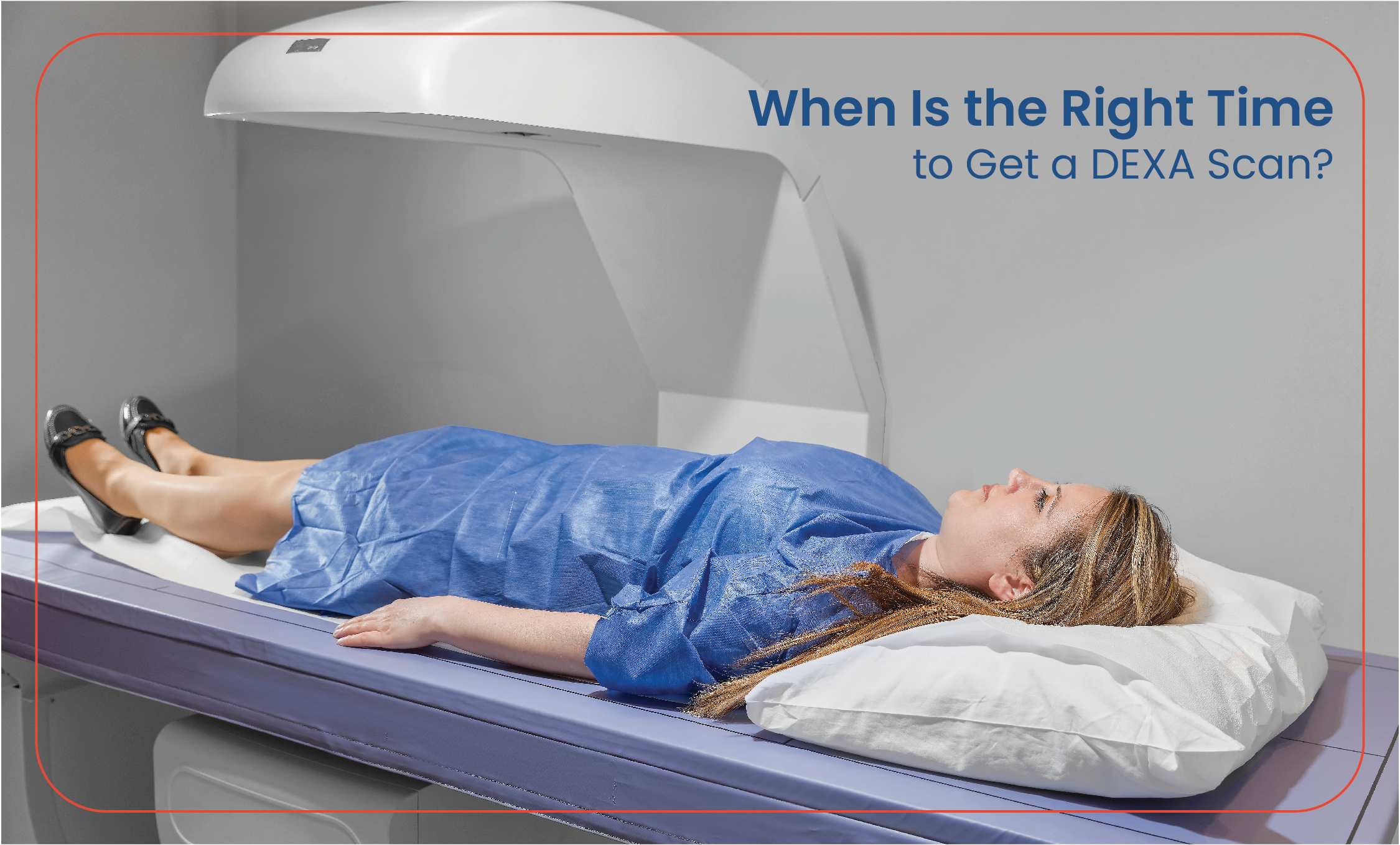
When we think of bones, we often imagine them as hard, unchanging structures that simply hold our body together. But in reality, our bones are living, dynamic tissues that constantly change throughout our lives. They grow, repair themselves, and unfortunately, can also weaken over time.
One of the best ways to check the health of your bones is through a DEXA scan (Dual-Energy X-ray Absorptiometry). But here’s the big question: When is the right time to get one?
Many people wait until they have a fracture or start experiencing symptoms of bone weakness before even thinking about it. But experts including Dr. Shreya Sharma, the best endocrinologist in Dehradun say that knowing when to get a DEXA scan can help you catch bone loss early and take action before it turns serious.
A DEXA scan is a simple, painless, and quick test that measures your bone mineral density (BMD). Think of it as a “bone strength test.”
If your T-score is -1 or above, your bone density is normal.
If it’s between -1 and -2.5, it indicates osteopenia (early bone loss).
Below -2.5, it means osteoporosis — a condition where bones become fragile and more likely to break.
We usually take our bones for granted — until something goes wrong. Bones not only give us shape and strength but also protect vital organs, store minerals like calcium, and work with muscles to help us move.
However, bone loss often happens silently. You may not feel pain or discomfort until a fracture occurs. That’s why early detection through a DEXA scan is so valuable.
According to Dr. Shreya Sharma, being the best Hormone doctor in Dehradun, she sees many patients who could have prevented fractures if they had checked their bone health earlier.
Bone loss risk increases with age, but there are other factors to watch for:
Myth 1: Only old people need a DEXA scan.
Fact: Bone loss can begin much earlier, especially with poor lifestyle habits or medical conditions.
Myth 2: It’s painful and dangerous.
Fact: The scan is painless and uses a very low level of radiation — less than a chest X-ray.
Myth 3: You only need it once.
Fact: Bone health changes over time. You may need follow-up scans every 1–2 years if you’re at risk.
Myth 4: If you feel fine, your bones are fine.
Fact: Osteoporosis is called the “silent disease” because it shows no symptoms until a fracture occurs.
If your bone density is normal, you may not need another scan for 5–10 years. If you have osteopenia or osteoporosis, your doctor may recommend repeating it every 1–2 years to monitor changes and treatment effectiveness.
It’s easy — no fasting or special prep needed. Just:
Your doctor will explain your results and recommend steps if needed. This could include:
An endocrinologist is a hormone specialist, and hormones play a huge role in bone health.
That’s why consulting the best Hormone doctor in Dehradun Dr. Shreya Sharma can make all the difference. She not only checks your bone density but also investigates underlying hormonal causes and gives you a tailored treatment plan.
Your bones are your lifelong support system. The earlier you detect bone loss, the easier it is to prevent fractures and maintain mobility.
If you’re at risk — whether due to age, family history, medical conditions, or lifestyle — don’t delay. Book a DEXA scan and get an Endocrinology consultation in Dehradun with Dr. Shreya Sharma, the best endocrinologist in Dehradun.
Remember: prevention is always better than cure — and in the case of bone health, it can also mean avoiding years of pain, disability, and loss of independence.